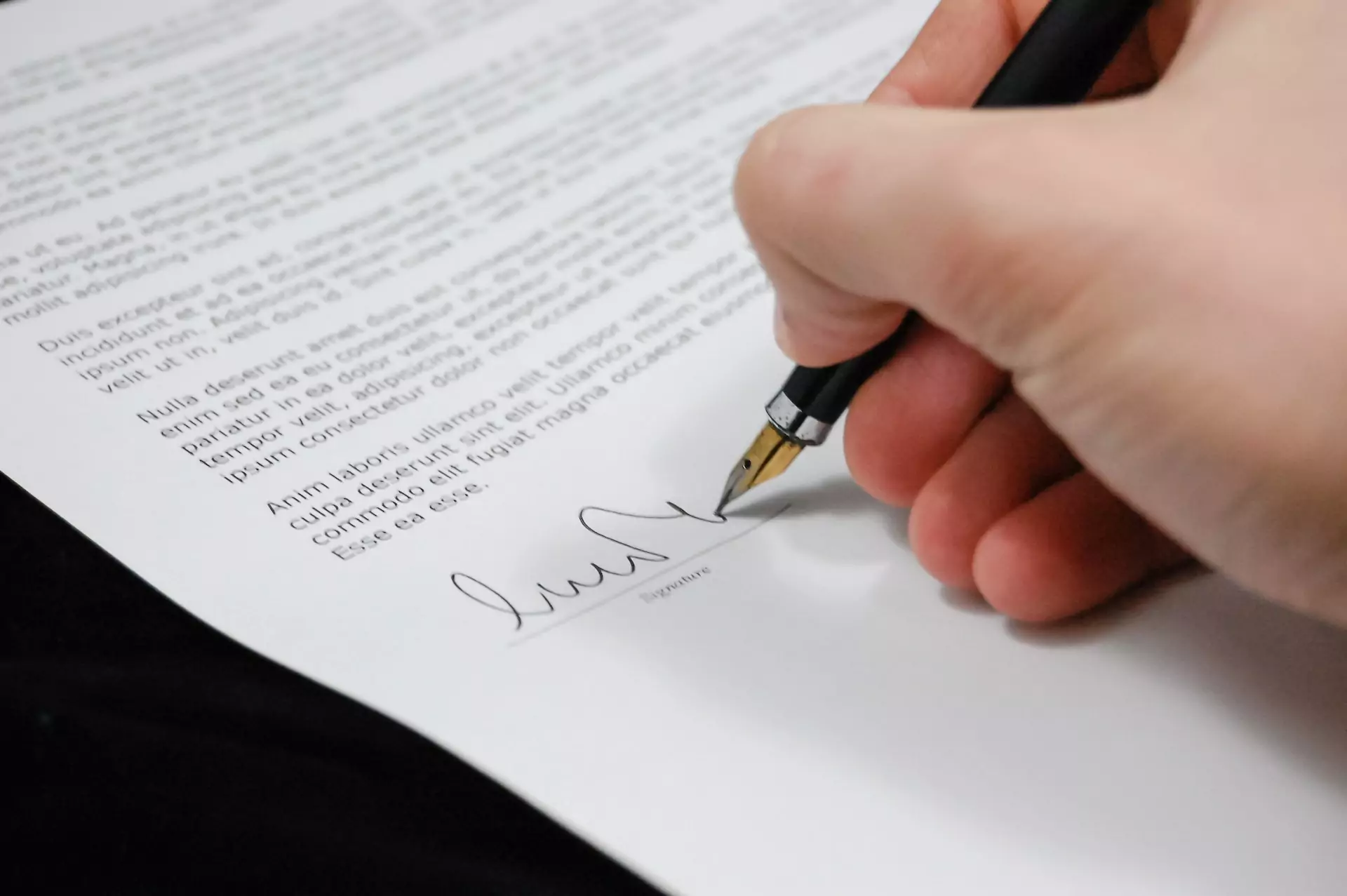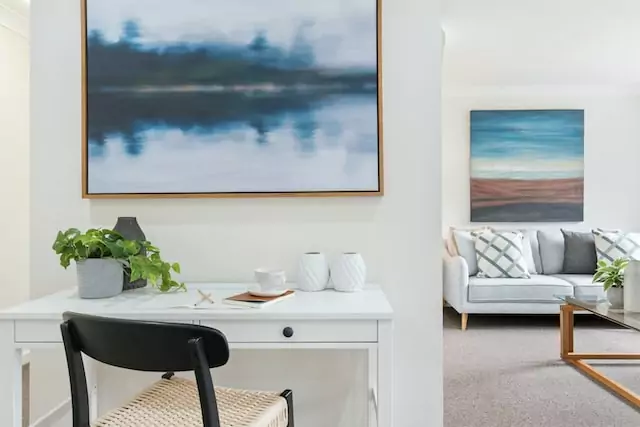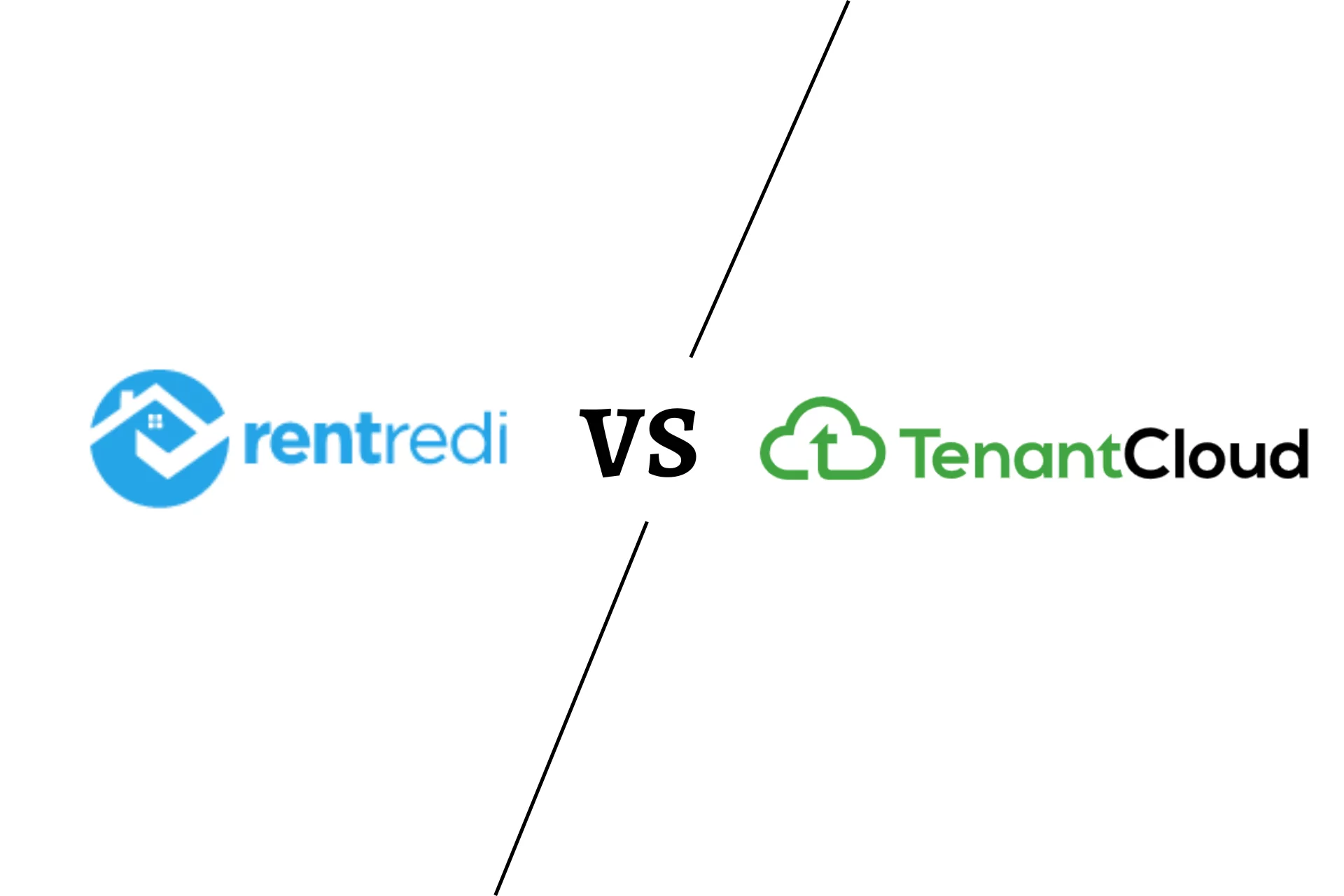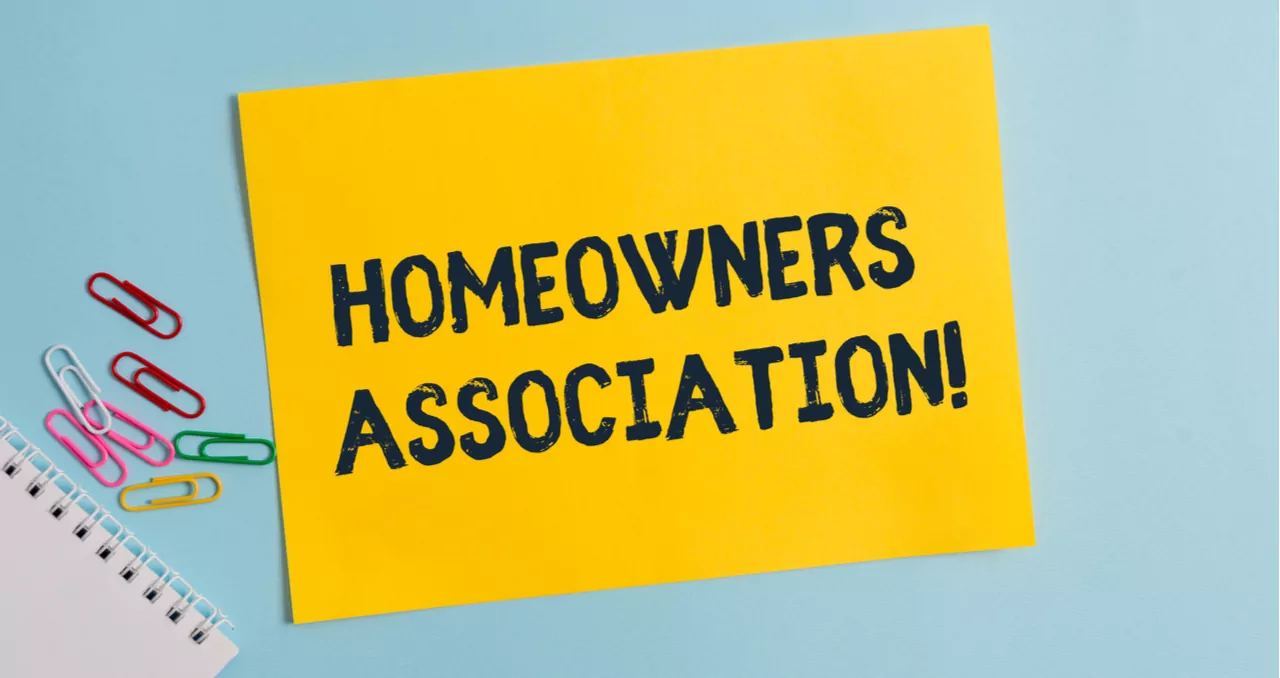With 77% of US residents saying they prefer to rent instead of buying a home, successfully managing a rental property is more important than ever. For new landlords, it may not be clear what prospective tenants are looking for in the rental process.
Here are 15 practical tips for how to be a successful landlord to help keep your rental properties filled with the best tenants.
How to Be a Good Landlord
1. Promote Tenant Communication
One of the top tips for being a good landlord is regular tenant communication and responding in a timely manner. Whether it’s handling maintenance requests or sending rent reminders, always use clear and courteous language.
2. Use Property Management Software
Rental property management software offers more tailored tools than QuickBooks for landlords. It can help streamline the rental process, using one platform to collect rent payments online, manage maintenance requests, and track rental property expenses.
3. Respect Tenant Privacy
Always give at least 24-48 hours of notice before entering the rental property to respect your tenant’s privacy and space. However, you can enter without notice in emergency situations like a big water leak or a fire. The lease agreement should outline these details so tenants know what to expect.
4. Promptly Reply to Maintenance Requests
Quick maintenance request responses can significantly improve tenant satisfaction. Respond within 24 hours and fixing the issue within 5-7 business days is recommended. Efficiently manage and track these requests through a reliable platform to ensure your tenants feel heard and valued.
5. Provide Clear Lease Agreements
Make sure your lease agreements are easy to understand and cover everything that could come up. Lease agreements generally include information about how long the lease lasts, how much the rent is, and other important terms that follow local ordinances for landlords and tenants.
Check out our lease agreement guide to learn more about lease terms.
6. Collect Rent Payments Online
Simplify the process of paying rent by collecting rent payments online from tenants. With Baselane online rent collection, tenants can pay rent online using an ACH Transfer, Debit Card, and Credit Card. Tenants can also set up auto-pay for recurring monthly rent payments.
7. Perform Regular Property Maintenance
Regular upkeep and maintenance will help keep major maintenance issues at bay. This shows tenants that you care about their living conditions and are committed to providing a well-maintained rental property.
8. Follow Fair Housing Laws
One of the most important landlord tips is to follow the landlord-tenant laws outlined in the Fair Housing Act. These laws ensure that all current and potential tenants are treated equally.
9. Track Rental Property Finances
Keep accurate records of every rental property transaction. Baselane rental property accounting software can help streamline the rental process, using one platform to collect rent payments online and track rental property expenses. Take time to research the best tax management software for your property needs.
10. Get Rental Property Insurance
Make sure you have adequate landlord insurance to cover any potential liabilities. It’s also good practice to require renters insurance from all new tenants so all parties are protected.
11. Set Competitive Rent Prices
Most tenants are looking for competitive monthly rent prices. Stay updated with local real estate market value trends to set the right rent price that still produces cash-on-cash returns.
12. Resolve Conflicts Quickly
Show tenants respect by promptly and fairly resolving any disagreements that may come up. For example, if a tenant complains about noisy neighbors, investigate the situation and mediate a reasonable solution rather than blaming the tenant for the issue.
13. Show Tenants Appreciation
Show appreciation to your tenants. Small gestures like acknowledging birthdays can make them feel valued. Remember, a happy tenant is more likely to be a long-term tenant.
14. Provide Security
Ensure your rental property is safe and secure. This can be as simple as installing good locks and outdoor lighting. Prospective tenants may also be looking for a security system in apartment complex buildings.
15. Follow Local Laws and Regulations
Research local landlord-tenant laws to avoid any legal issues. For instance, some states have a cap on rent increases after a year-long lease ends, while other states have no set limit. Additionally, landlords can evict a tenant for not paying rent, not following lease rules, or when the lease ends. Keeping these rules in mind will keep you out of trouble.
Things to Avoid to Be a Successful Landlord
Being a great landlord isn’t just about practicing good habits; it’s also about avoiding detrimental ones. Here are a few pitfalls good landlords sidestep to keep rental business profit margins moving in the right direction.
1. Underestimating Tenant Screening
New landlords and established DIY landlords should always be screening tenants to verify their identity, credit score, employment history, and criminal background. Proper tenant screening helps you find quality tenants who will make rent payments on time and keep your rental property in good condition.
2. Overlooking Lease Details
Lease agreements form the backbone of your relationship with tenants. Always review the lease with new tenants before signing. Not being thorough with lease agreement terms can lead to legal issues when tenants leave or if there are any security deposit deductions for property damage.
3. Unfair Eviction Practices
Eviction should be a last resort, reserved for when tenants consistently fail to pay rent or violate the lease agreement. It’s crucial to remember that tenants can take legal action if they feel the eviction is unjust. To avoid legal complications for eviction reports, always provide ample notice and a chance for mediation.
4. Neglecting Maintenance
Maintenance forms an integral part of rental property management. Ignoring or delaying maintenance requests leads to tenant dissatisfaction and could escalate into larger, costlier problems. By using a comprehensive property management system, you can manage maintenance requests efficiently, preventing small issues from becoming big headaches.
5. Invasion of Privacy
Unannounced visits or undue intrusions can breed discomfort and distrust, damaging the landlord-tenant relationship. Provide ample notice before visits and respect the personal space of tenants. Also, ensure you comply with local laws that outline when and why a landlord can enter an occupied rental property.
Final Thoughts
Being a good landlord involves respecting tenants’ privacy, fostering trust, and creating a comfortable living environment. Remember, tenants are your customers, and their satisfaction is what determines the success of your rental business. Good landlords often have happier tenants, which means longer occupancies and lower vacancy rates.
Keeping every rental unit occupied with good tenants is even easier with property management software. New landlords and experienced property managers can manage online rent payments, landlord banking, and rental property accounting all in one place.







